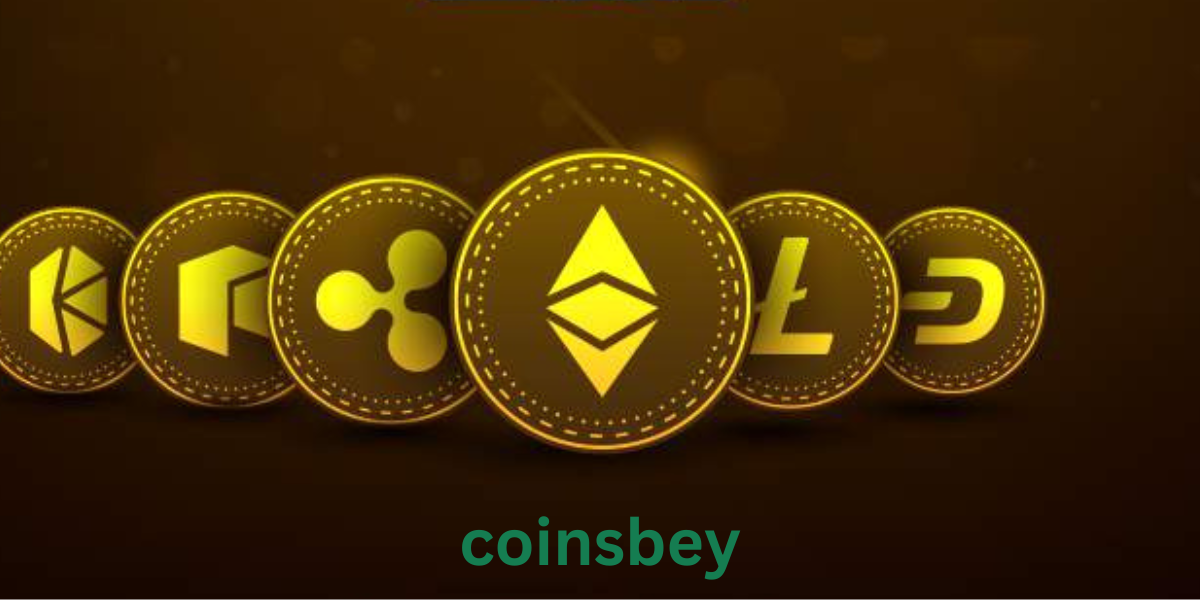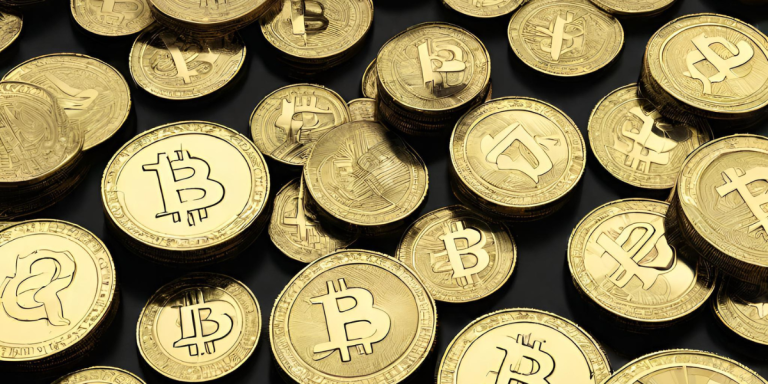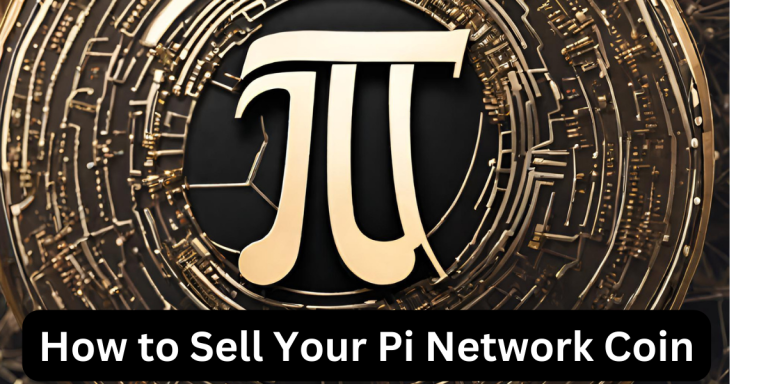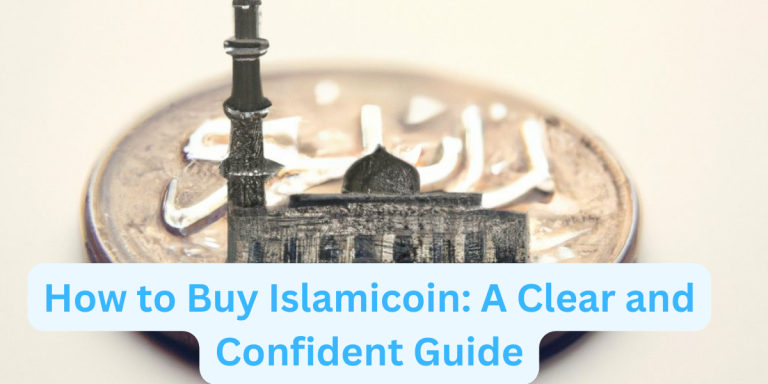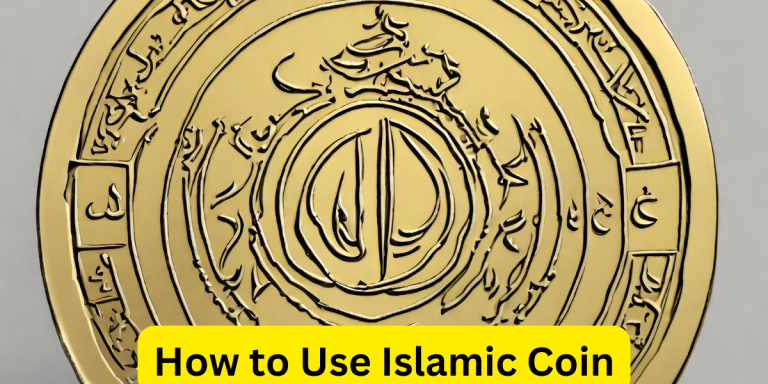All the world’s cryptocurrency Coins
How To Buy Altcoins?
To buy altcoins, you generally need to follow a few steps. Here is a general guide to help you get started:
- Choose a Cryptocurrency Exchange: Research and select a reputable cryptocurrency exchange that supports altcoin trading. Popular exchanges include Binance, Coinbase, Kraken, and Bits tamp. Ensure that the exchange offers a wide variety of altcoins to choose from.
- Sign Up and Verify Your Account: Create an account on the selected cryptocurrency exchange. Provide the required information for identity verification, such as your name, email address, and sometimes proof of identification. Follow the instructions provided by the exchange to complete the verification process.
- Deposit Funds: Once your account is verified, deposit funds into your exchange account. Most exchanges accept deposits in major cryptocurrencies like Bitcoin (BTC) or Ethereum (ETH). If you don’t have any cryptocurrencies, you can usually purchase them directly on the exchange using fiat currency.
- Research and Select an Altcoin: Decide which altcoin(s) you want to buy based on your research and investment goals. Consider factors like the project’s team, technology, market performance, and community reputation. Remember, it’s essential to do your due diligence before investing in any altcoin.
- Place an Order: After selecting the altcoin, navigate to the trading section of the exchange. Choose the correct trading pair (e.g., BTC/ALT or ETH/ALT) and place an order to buy the altcoin. You can set the desired price or opt for the market price if you want an instant purchase.
- Secure Your Altcoins: Once your order is executed, the altcoins will be credited to your exchange account. To ensure the security of your altcoins, consider transferring them to a personal cryptocurrency wallet that you control. Hardware wallets, like Ledger or Trezor, are frequently recommended for enhanced security.
Please note that the process may vary slightly depending on the specific exchange and altcoin you choose. It’s important to be cautious and consider factors such as fees, liquidity, security measures, and regulatory compliance when selecting an exchange for altcoin trading.
What Are Altcoins?
Altcoins is a term derived from “alternative coins.” It refers to all cryptocurrencies other than Bitcoin. While Bitcoin was the first and most well-known cryptocurrency, the success of Bitcoin spurred the development of numerous other cryptocurrencies with different features and objectives.
Altcoins can serve various purposes and utilize different technologies. Some altcoins aim to improve upon the limitations of Bitcoin, such as scalability or transaction speed. Others focus on enhancing privacy or providing additional functionalities like smart contracts.
Examples of popular altcoins include Ethereum (ETH), Litecoin (LTC), Ripple (XRP), Cardano (ADA), and many others. Each altcoin typically has its own unique features and characteristics, as well as its own community and development team.
Investors and traders often diversify their cryptocurrency portfolios by including altcoins in addition to Bitcoin. However, it’s important to conduct thorough research and understand the potential risks associated with investing in altcoins, as their values can be volatile and their success is not guaranteed.
Overall, altcoins represent the diverse ecosystem of cryptocurrencies beyond Bitcoin, providing alternative options for various use cases and investment opportunities.
Examples of altcoins?
Here are some examples of popular altcoins:
- Ethereum (ETH): Ethereum is a decentralized platform that enables the creation and execution of smart contracts. It has its native cryptocurrency called Ether, which is used to facilitate transactions and power applications on the Ethereum network.
- Litecoin (LTC): Created in 2011, Litecoin is often referred to as the “silver to Bitcoin’s gold.” It offers faster transaction confirmation times and uses a different hashing algorithm called Scrypt. Litecoin aims to be a lightweight and efficient cryptocurrency for everyday transactions.
- Ripple (XRP): Ripple is both a digital payment protocol and a cryptocurrency. It is designed to enable fast and low-cost international money transfers. Ripple’s native cryptocurrency, XRP, is used as a bridge currency for facilitating cross-border transactions.
- Cardano (ADA): Cardano is a blockchain platform that aims to provide a secure and sustainable infrastructure for the development of decentralized applications and smart contracts. Its native cryptocurrency, ADA, is used for transacting and participating in the Cardano ecosystem.
- Polkadot (DOT): Polkadot is a multi-chain platform that enables communication and interoperability between different blockchains. It aims to foster a decentralized web where various blockchains can seamlessly connect and interact. DOT is the native cryptocurrency of the Polkadot network.
- Chainlink (LINK): Chainlink is a decentralized oracle network that connects smart contracts with real-world data and external APIs. It allows smart contracts to access off-chain information without relying on a single centralized source. LINK is the utility token used within the Chainlink ecosystem.
These are just a few examples of altcoins, and there are many more with different features, use cases, and communities. It’s essential to conduct thorough research and assessment before considering any investment in altcoins.
Which cryptocurrency exchanges support the altcoin I want to buy?
There are several cryptocurrency exchanges that support a wide range of altcoins. Some of the popular exchanges include Binance, Coinbase, Kraken, Bitfinex, Huobi, and many more.
To find out which exchange supports the altcoin you want to buy, you can do a quick search on the exchange’s website or check the list of supported cryptocurrencies. Most exchanges have a comprehensive list of supported cryptocurrencies on their website.
Alternatively, you can use a cryptocurrency market aggregator platform such as CoinMarketCap or CoinGecko to search for the altcoin you want to buy and see which exchanges support it. These platforms provide a list of exchanges where the altcoin is traded and other relevant information such as trading volume, market capitalization, and price.
It’s important to note that not all exchanges support all altcoins, so it’s crucial to do your research to ensure you find an exchange that supports the altcoin you want to buy.
What is the best way to store my altcoins after purchasing them?
After purchasing altcoins, it is important to store them securely to prevent any potential loss or theft. The best way to store your altcoins is by using a hardware wallet. Hardware wallets are physical devices that store your private keys offline, making them less vulnerable to hacking or cyber attacks. Some popular hardware wallets for altcoins include Ledger Nano S, Trezor, and KeepKey.
Alternatively, you can also store your altcoins in a software wallet. Software wallets are digital wallets that can be installed on your computer or mobile device. However, it is important to choose a reputable and secure software wallet, as they can still be vulnerable to hacking or malware attacks.
Ultimately, the choice of storage method will depend on your personal preferences and risk tolerance. It is important to do your own research and choose a storage method that you feel comfortable with.
Are there any fees associated with buying altcoins?
Yes, there are fees associated with buying altcoins. The fees can vary depending on the exchange or platform you use to buy the altcoins. Some exchanges charge a percentage-based fee on the transaction amount, while others charge a flat fee per transaction. Additionally, there may be network fees associated with transferring the altcoins to your personal wallet. It is important to research and compare the fees of different exchanges before making a purchase to ensure you are getting the best deal.
How do I know if an altcoin is a good investment?
When considering investing in altcoins, there are several factors to consider to determine if it is a good investment. Here are a few things to keep in mind:
- Market capitalization: Look at the market capitalization of the altcoin. A high market cap indicates that the coin is widely adopted and has a strong community behind it.
- Development team: Research the development team behind the altcoin. Look for experienced developers with a track record of success.
- Use case: Consider the use case for the altcoin. Does it solve a real-world problem? Is there a demand for the solution it provides?
- Liquidity: Check the trading volume and liquidity of the altcoin. A higher trading volume means that it is easier to buy and sell the coin, which is important for investors.
- Reputation: Look at the reputation of the altcoin in the crypto community. Are there any red flags or controversies surrounding the coin?
Remember, investing in altcoins can be risky, so it’s important to do your own research and only invest what you can afford to lose.
